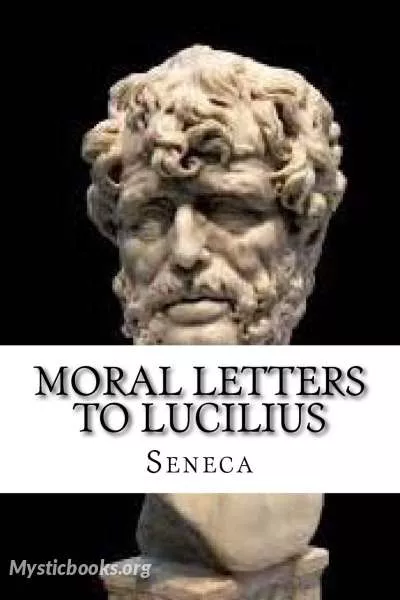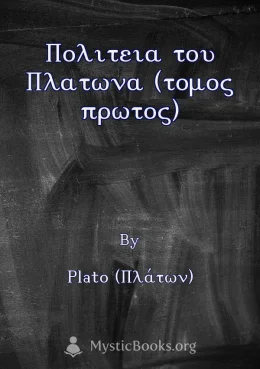
Moral Letters, Vol. I
by Seneca
'Moral Letters, Vol. I' Summary
The letters all start with the phrase "Seneca Lucilio suo salutem" ("Seneca greets his Lucilius") and end with the word "Vale" ("Farewell"). In these letters, Seneca gives Lucilius advice on how to become a more devoted Stoic. Some of the letters include "On Noise" and "Asthma". Others include letters on "the influence of the masses" and "how to deal with one's slaves". Although they deal with Seneca's personal style of Stoic philosophy, they also give us valuable insights into daily life in ancient Rome.
There is a general tendency throughout the letters to open proceedings with an observation of a specific (and usually rather minor) incident, which then digresses to a far wider exploration of an issue or principle that is abstracted from it. In one letter (letter 7), for instance, Seneca begins by discussing a chance visit to an arena where a gladiatorial combat to the death is being held; Seneca then questions the morality and ethics of such a spectacle, in what is the first record (to our current knowledge) of a pre-Christian writer bringing up such a debate on that particular matter.
Seneca frequently quotes Latin poets, especially Virgil, but also Ovid, Horace, and Lucretius. Seneca also quotes Publilius Syrus, such as during the eighth letter, "On the Philosopher's Seclusion".
Book Details
Language
EnglishOriginal Language
LatinPublished In
65 ADAuthors

Seneca
Italy
Lucius Annaeus Seneca the Younger usually known as Seneca, was a Roman Stoic philosopher, statesman, dramatist, and in one work, satirist, from the post-Augustan age of Latin literature. Seneca was b...
Books by SenecaDownload eBooks
Listen/Download Audiobook
- Select Speed
Related books

Logic of Vegetarianism by Henry Salt
Henry Salt's *Logic of Vegetarianism* presents a compelling case for vegetarianism, using clear logic and engaging dialogues. Salt examines the ethica...

Πολιτεια του Πλατωνα (τομος πρωτος) by Plato (Πλάτων)
The Republic by Plato is a philosophical dialogue that explores the nature of justice and the ideal state. Plato argues that justice is the highest vi...

Actions And Reactions by Rudyard Kipling
This collection of short stories by Rudyard Kipling explores themes of adventure, morality, and the human condition. The stories are set in various ti...

Woman of the World: Her Counsel to Other People's Sons and Daughters by Ella Wheeler Wilcox
Ella Wheeler Wilcox, renowned poet and advocate of the New Thought movement, offers her wisdom and guidance in "Woman of the World: Her Counsel to Oth...

Saint Joan: Preface by George Bernard Shaw
Saint Joan is a thought-provoking play that explores the complex character of Joan of Arc. Shaw's preface to the play, which is included in this editi...

Rousseau by Paul Hensel
In diesem Buch beleuchtet Paul Hensel Leben und Werk des einflussreichen Denkers Jean-Jacques Rousseau. Es bietet einen umfassenden Überblick über Rou...

Country Parson: His Character and Rule of Life by George Herbert
The Country Parson is a guidebook for priests, written by the English poet and clergyman George Herbert in the 17th century. It offers practical advic...

Magna Moralia by Aristotle
The "Magna Moralia" is an ancient Greek philosophical treatise that explores various ethical concepts and ideas. While its authorship is uncertain, it...

Märchen by Oscar Wilde
Oscar Wildes 'Märchen' sind eine Sammlung von fantasievollen und tiefgründigen Geschichten, die mit poetischer Sprache und symbolischen Bildern morali...

Favole di Jean de La Fontaine: Libro 11 by Jean de La Fontaine
Nei 12 volumi delle "Favole" (1669 - 1693) Jean de La Fontaine rinnovò la tradizione esopica, rappresentando la commedia umana. Quest'opera dimostrò i...
Reviews for Moral Letters, Vol. I
No reviews posted or approved, yet...